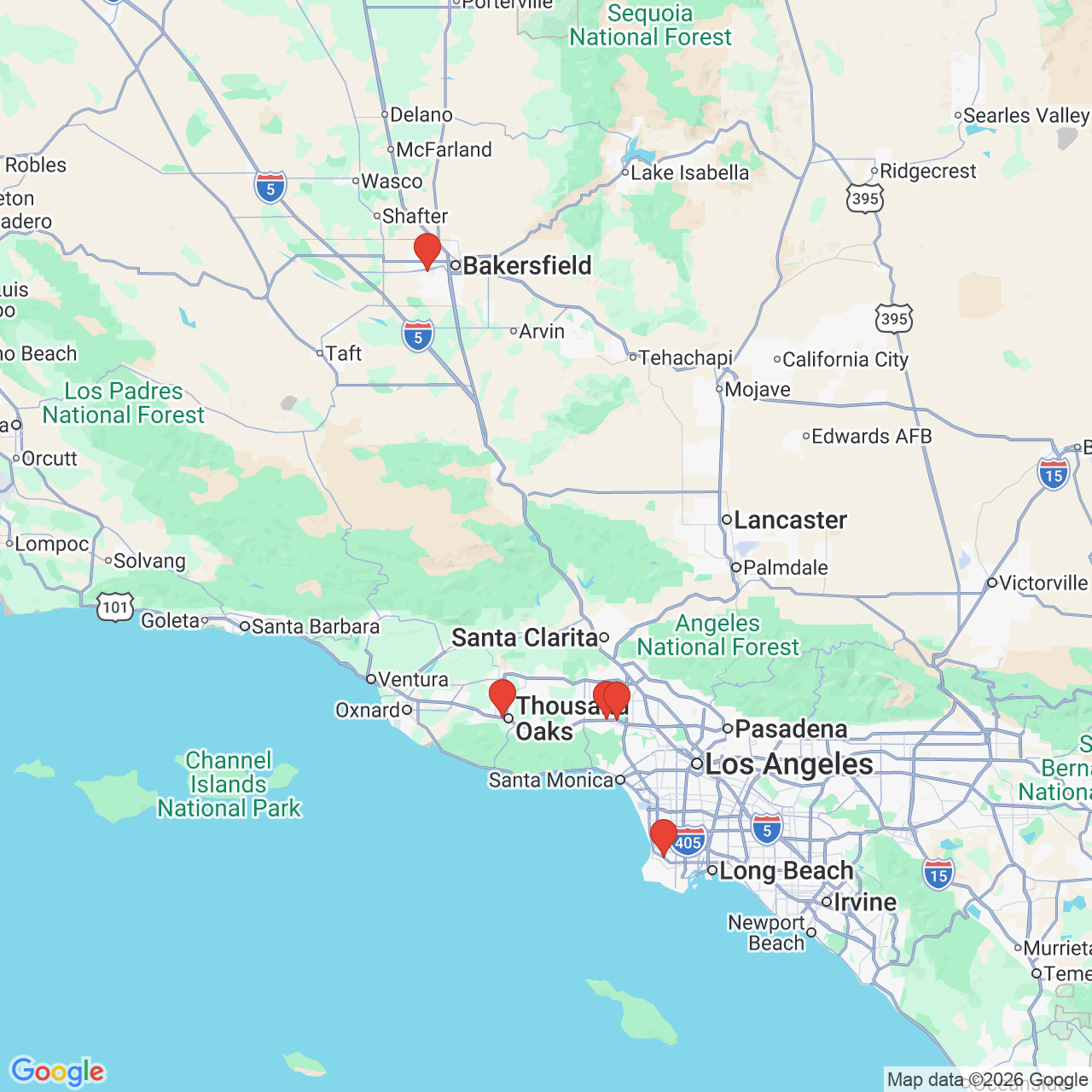What is OHSS?
At our Los Angeles based fertility practice, the Center for Fertility and Gynecology, we specialize in fertility treatments such as in-vitro fertilization (IVF), preimplantation genetic diagnosis (PGD) and intracytoplasmic sperm injection (ICSI). These fantastic therapies form the basis of modern fertility treatment and have allowed millions of people to start or expand their families.
Fertility treatments are extremely safe for both parents and children, however like all medical therapies; there are some potential risks and side-effects. One of the risks that this blog will address is OHSS (ovarian hyperstimulation syndrome).

Controlled Ovarian Hyperstimulation (COH)
During a natural menstrual cycle, the ovary normally releases 1 egg per month. During fertility therapy, medications are used which induce the ovaries to release multiple eggs per month. This process is called COH or controlled ovarian hyperstimulation. COH is the cornerstone of most modern fertility treatments and is normally well tolerated and very safe. Occasionally patients over-respond to the COH resulting in production of too many eggs, and potentially, a condition called ovarian hyperstimulation syndrome (OHSS).
Ovarian Hyperstimulation Syndrome (OHSS)
Severe OHSS occurs in less than 1-3% of all IVF cycles and is usually self-limited. The symptoms of OHSS include bloating, nausea/vomiting, fatigue, abdominal discomfort and more. Normally the symptoms begin from 1-5 days after egg retrieval and last between 1 and 7 days. However, if the patient becomes pregnant, OHSS symptoms can last for weeks. This is exacerbated even more with a twin or triplet pregnancy.
OHSS occurs because the ovarian hormones produced after ovulation cause the blood vessels to become “leaky”. With natural ovulation, these hormones help the uterus prepare and support the potential pregnancy. With OHSS, there are simply too much of these hormones produced. They allow water molecules to escape from the blood vessels and accumulate within the abdominal cavity. Subsequently, patients suffer from too much fluid in the abdomen and too little water in the blood vessels.
While fluid in the abdomen is chiefly responsible for discomfort and bloating, too little water in the blood vessels is the most dangerous part of the syndrome. This intravascular dehydration can cause kidney problems, low blood pressure and blood clot formation.
Avoiding OHSS
The best treatment for OHSS is avoidance. Young patients, those with many antral follicles, women with PCOS and those who have had OHSS previously are at elevated risk for OHSS. Knowing that someone is at risk for OHSS can help the doctor take steps to avoid it.
Contact us
If you or someone you know are going through IVF in the greater Los Angeles area, it is important to be sure that their doctor understands OHSS and is adept at avoiding it. If you have any questions about OHSS or would like to speak with our fertility specialists feel free to contact us. We would be happy to speak with you.

